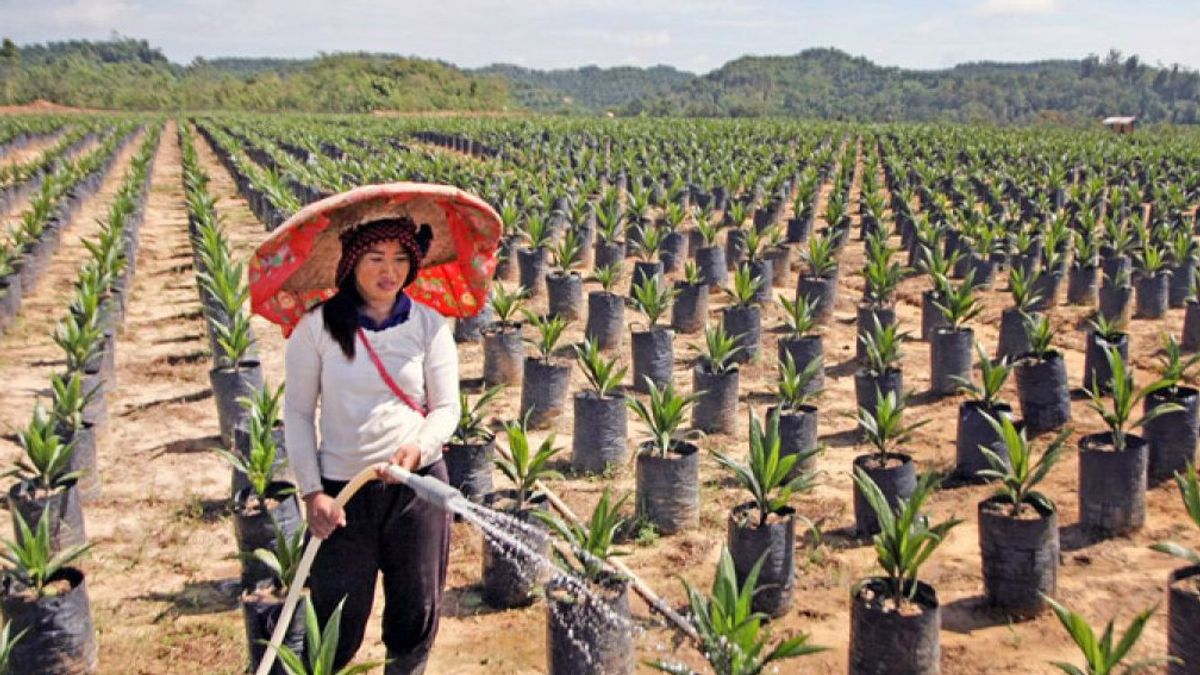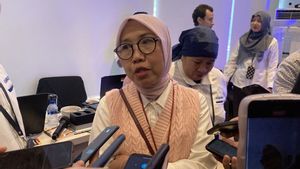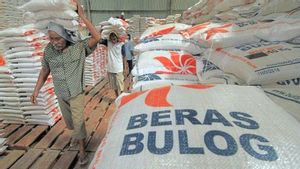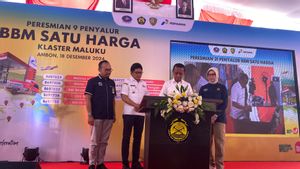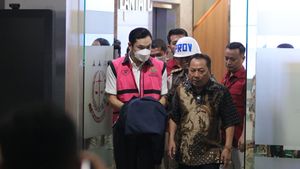JAKARTA - The Government of Indonesia and the International Labor Organization (ILO) support the elimination of exploitation of female workers in the oil palm and fishery plantation sector so that they get equal rights with male workers.
Women are the group most vulnerable to inappropriate working conditions in the oil palm and fishery plantation sector. They still face discrimination in terms of wages, social protection and protection of occupational safety and health (K3), and are vulnerable to sexual harassment.
"Women's workers also bear the heaviest burden of unpaid care work and the responsibility of household chores. Therefore, female workers have the right to get more protection than male workers," said Director of Labor Norm Examination Development, Ministry of Manpower Yuli Adiratna in an online discussion with the theme "Sectoral Dialogue: Gender Equality for Decent and Fair Work in Rural Affairs in Jakarta", quoted from Antara, Tuesday, February 27.
This event is a collaboration between ILO and KataData and Magdalene in commemorating International Women's Day which falls on March 8. The discussion discusses efforts by policymakers and labor actors to encourage gender equality to ensure decent work in rural areas is achieved.
Yuli added that the government has made a policy to protect female workers through Law no. 13 of 2003 concerning employment and derivative laws and regulations which include protection of reproductive and non-discriminatory functions. The government has also issued Guidelines for the Prevention of Sexual Violence in the Workplace in accordance with Ministerial Decree No. 88 of 2023.
"Through the various devices above, the government wants to ensure that all workers, especially female workers, can work comfortably, especially in labor-intensive industries such as plantations," he said.
ILO National Program Staff, Lusiani Julia, stated that women's empowerment and promotion regarding gender equality are needed to accelerate the achievement of the Sustainable Development Goal (SDG) in Indonesia.
In accordance with the motto of SDG, No One Left Behind, affirmatively and protectively, all parties must be involved, especially vulnerable groups including women in rural areas, so that their problems are visible and they also have access to be able to enjoy the results of development can be felt. benefits, "he said.
SEE ALSO:
Head of the Human Resource Development Division of the Indonesian Palm Oil Entrepreneurs Association (GAPKI) Sumarjono Saragih, emphasized that the oil palm plantation industry is committed to protecting female workers. For this reason, GAPKI has compiled a Protection Guide for Female Workers at Palm Oil Plantations, which is in line with the sustainable palm oil movement that prioritizes the rights of female workers in oil palm plantations.
Indonesia's palm oil industry does not close its eyes to maintain and place women well when working in the oil palm plantation industry. Moreover, this concerns 16 million workers in the plantation sector, including female workers," said Sumarjono.
Chairman of the Fisheries Association Pole and Handline Indonesia, Janti Djuari, stated that women play an important role in managing natural resources, including in the fisheries sector. Therefore, the protection aspect of women is indeed an important focus, considering that female workers in the fisheries sector are vulnerable to exploitation.
The English, Chinese, Japanese, Arabic, and French versions are automatically generated by the AI. So there may still be inaccuracies in translating, please always see Indonesian as our main language. (system supported by DigitalSiber.id)
